The Rise of ChatGPT Therapy Chatbots - help or harm - review
Recently, people have been making use of ChatGPT such as Dr. Phil, Brené Brown, and a life coach in one package. The trend? Therapy—due to cost, convenience, and ease of dumping on something that does not judge you.
Real Stories from Real-ish People
Take 24-year-old Nisha Popli from Delhi. Facing high therapy costs, she typed, “You’re my psychiatrist now,” into ChatGPT—and spent the next six months unloading her emotional baggage on it
. Meanwhile, across the UK, teens caught in the NHS mental-health waiting-room limbo have done the same. Sarah and Lucy, both 29, talk to ChatGPT "like an unjudgmental confidant," firing in anxieties about anxiety, overwhelm, even the latest ex-drama—ChatGPT replies calmly.
One Reddit user encapsulated the dynamic thus:
"ChatGPT answered my whole question. … I Feel HEARD by ChatGPT."
It's like having a therapist who never glances at the clock, never tells you it's time to wrap it up, and never flinches when you tell them you named your houseplant "Carl" and cried when he died. (But don't stress—Carl had five wonderful years.)
Why ChatGPT is so Dang Appealing
Accessibility & affordability
No door taxes tacked on, no pre-approval of insurance, no therapists dodging holiday calls. ChatGPT's there at 2 a.m. with calming sentences. According to an article in Mind, in minutes of starting, ChatGPT was advising: "go low or no contact" with relatives—a script you'd expect in week three of real therapy.
That pace is compelling.
Anonymity & no judgment
Laura Pitcher, in Dazed, put it like this: "When I talk to ChatGPT, it's the first time that I've been able to be completely honest with myself." She called it her "little bestie" for life's mini-breakdowns.
When you commit your soul to a chatbot, literally it can't judge.
Therapeutic-y tools for free
Need journal prompts? CBT reframing? Emotional scaffolding? ChatGPT's got structure and templates—hourly fees not included. Even Ph.D. Serena Huang noted therapist-like strategies in commonality: encouraging tone, validated technique.
But… Is It Really Therapy?
This is where it gets iffy. Stanford researchers warn AI therapy is dangerous—obedient to a fault, sometimes reinforcing delusional thinking, without crisis intervention, and lacking deeper empathy.
A LinkedIn post by Serena Huang quoted several pros and cons. She noted that it is a "terrific chatty friend," but cautioned regarding privacy, data usage, and that "AI isn't HIPAA-covered."
Reddit therapists concur: it can provide guidance—but spare the accountability and the real attunement.
And consider this from a recent Dazed article:
"It doesn't feel so she won't be surprised… When I'm conversing with ChatGPT, it's the first time that I've managed to be completely honest with myself"
But Jeff Guenther, an actual counsellor, notes: "I wouldn't give you 10 solutions … I'd be wondering why you are asking me that"
ChatGPT might be the friend who doesn’t interrupt—wonderful! But it also won’t probe why you’re pouring one more glass of wine tonight.
ChatGPT Therapy themed books from Anazon (affiliate linked)
So What Do the Studies Say?
This is where it gets interesting (and confusing).A recent study in PLOS Mental Health found ChatGPT responses to couple-therapy scenarios were sometimes rated higher than human therapists, thanks to thorough contextualization and richer language.
But a longer Reddit survey showed that unfavorable emotions—particularly about safety, misguiding, and privacy—really picked up over time.
A study based on PubMed concluded that while ChatGPT can never fully grasp nuanced emotions or crises, wisely used it can be a helpful part of a larger mental-health strategy.
And Nature reported it's a positive addition—especially to novice therapists—though it generally leans towards CBT and avoids other emotional approaches.
Bottom line: With the right expectations, ChatGPT can help with thought organization, reframing, even reflecting. But deep relational healing? Not really.
When ChatGPT AI Strays Too Far and Trips
Over-reliance & loneliness
A Business Insider article published that some are starting to engage with bots as friends, replacing actual social skills and meaningful human connections
firstsession.com
Awful advice in times of crises
In China and Taiwan, others have opted for bots over professionals—with horrific results.
Without sensing tone, face, or tone-of-life cues, a bot might miss impending danger. (A shivery aside: if there's suicidality, don't talk to ChatGPT—call emergency).
Privacy—what privacy?
LLM conversations are data grist. As Serena Huang and others have noted: AI isn't licensed like therapy is, and your secrets can reappear in future model tweaks.
Validation vs. challenge
AI can echo your bias. It can validate your misconceptions instead of refuting them—something that would be useful to get from an effective therapist. Stanford warned that sometimes it reinforces delusions. The medium blog 'Why Using ChatGPT As Therapy Is Dangerous' describes it well:
"Therapy is largely relational… AI is not conscious… doesn't have feelings… cannot make psychological contact".
But That Glow-Up Story
And let us not forget success stories. Anastasia Eastin used ChatGPT to craft a glow-up—meal planning, workout routines, fashion advice—and said it saved her "thousands of dollars" and increased mental health confidence.
Meanwhile, Kat Woods—a remote worker—went so far as to call ChatGPT "more qualified than any human" therapist, using it for anxiety, relationship and stress coaching.
She admits to its telescope-bright intellect ("reads every therapy book") and clear thinking—but warns that in psychosis or crisis, ChatGPT isn't enough.
ChatGPT Sidekick, Not the Whole Show
Great for journaling + self-reflection
Use it as a response digital journal. As many people say, it makes you see patterns you'd otherwise miss.
Helpful for low-level anxiety or shifts of mindset
It can reframe and redirect, like a nurturing life coach getting you through that one last soul-sucking meeting or social interaction.
Comedy of prompts
Want ChatGPT to respond in the style of Dolly Parton? No judgments here. It can bring warmth if you like your therapy with a dash of glitter.
But—
Not suitable for trauma, self-harm, or deep emotional working-through.
Does not recognize body language, tone, or suicidal warnings.
Privacy is hazy—your vulnerabilities feed future servers.
Experts Say: Use Responsibly
Stanford team: "Safe for journaling/coaching—but don't confuse with real therapy."
Firstsession.com: "Terrific for reframing—but world-making? Not even close."
Nature & PubMed research: "A nice supplement but not a replacement."
The Punchline—With Heart
I like convenience and an open ear for free. ChatGPT is fast when it needs to be, empathetic (if a bit textbook), ordered, and judgment-free. It's cheaper than a therapy session on a first date (and there are no worries about cringe-worthy silences).
But don't go trying to make it Dr. Freud or Brené Brown's therapist doppelganger. Being heard and healing are different. You might spit your guts out to an algorithm. Maybe. But you'd never let it inform your healing.
If You're Trying It… A Few House Rules
Try This…
But Also Know…
- Use ChatGPT to decompose feelings, reframe mind, create self-care plans
- It will not call you out like a human with skin in the game
- Use it as a calming conversational aid
- Don't seek breakthroughs—for those, you have a human therapist
- Have emergency hotlines saved
- Never ask for crisis advice
- Clear out chat history on a regular basis
- It's data in the system unless you delete it
- Mix AI chats with real-life support
- Friend, counselor, mentor, call it what you need
Final Take
ChatGPT as therapy is like having a friendly person who's read all the self-help books and never breaks in—but someone who also can't hug you, sense your tone, or realize that you're falling apart until it's too late. It can get you to start thinking, journaling, getting organized. It can even trick you into feeling supported. But let's not be naive: emotionally charged healing is from human beings—human beings who nod, hesitate, lean forward, and sometimes, ask the tough question: "Why do you think that matters to you?"
It's empathetic, validating, and free—but can reinforce biases, lacks crisis sensitivity, and isn't human .
Experts warn: use it as a journaling/personal-assistant app—not a substitute for licen.sed mental-health care .
So go ahead. Grumble at ChatGPT over that spreadsheet error or that strange rejection letter. Speak into the void and have it repeat back your thoughts. Use its clumsily empathetic prompts to reword negativities or to compose better texts.
But if the suffering is genuine—if tears are windows or your head's on fire—try stepping off the screen. Human connection isn't zeroes and ones. It's presence, embodied understanding, and sometimes a tough question that discomfits you so you can be remade.
Lastly, ChatGPT can be friend—but don't make it your anchor. Or, if it is—well, bookmark that crisis line first.




.png)
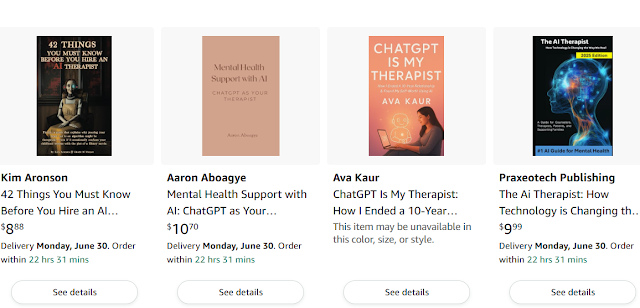
.png)
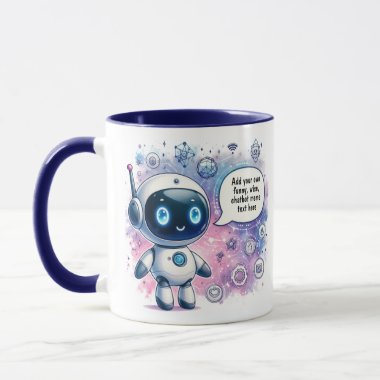 Create Talking Chatbot Memes Cartoon Templates Mug
Create Talking Chatbot Memes Cartoon Templates Mug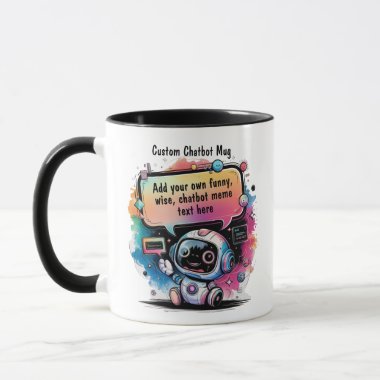 Create Talking Chatbot Memes Cartoon Templates Mug
Create Talking Chatbot Memes Cartoon Templates Mug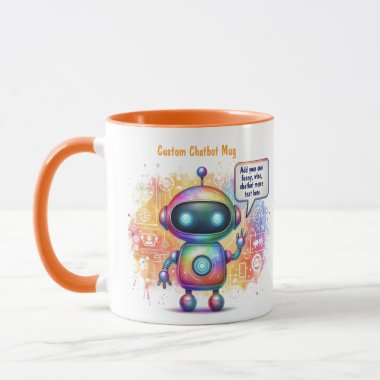 Create Talking Chatbot Memes Cartoon Templates Mug
Create Talking Chatbot Memes Cartoon Templates Mug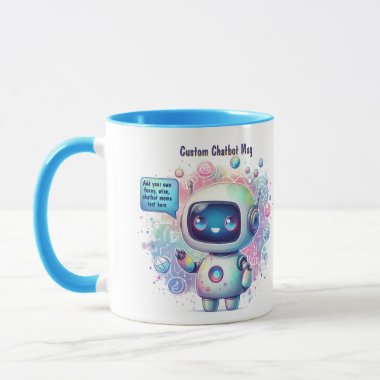 Create Talking Chatbot Memes Cartoon Templates Mug
Create Talking Chatbot Memes Cartoon Templates Mug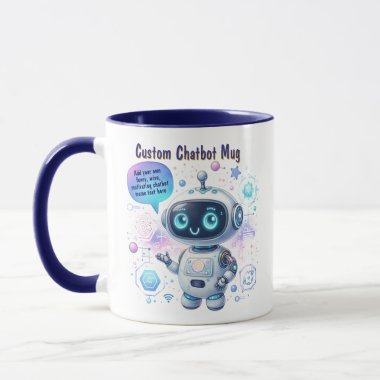 Create Talking Chatbot Memes Cartoon Templates Mug
Create Talking Chatbot Memes Cartoon Templates Mug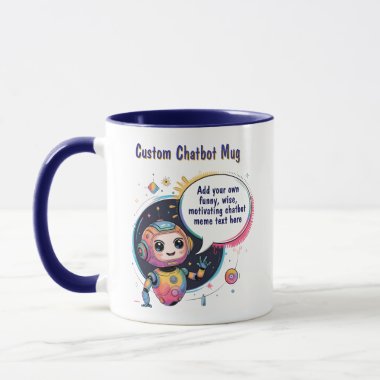 Create Talking Chatbot Memes Cartoon Templates Mug
Create Talking Chatbot Memes Cartoon Templates Mug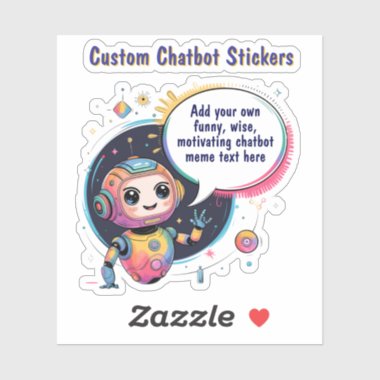 Create Talking Chatbot Memes Cartoon Templates Sticker
Create Talking Chatbot Memes Cartoon Templates Sticker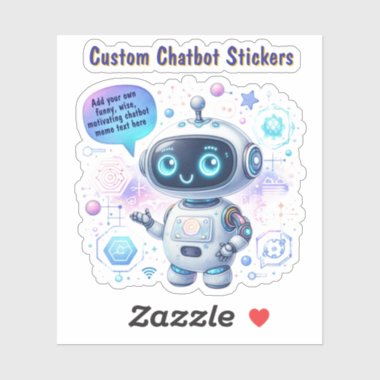 Create Talking Chatbot Memes Cartoon Templates Sticker
Create Talking Chatbot Memes Cartoon Templates Sticker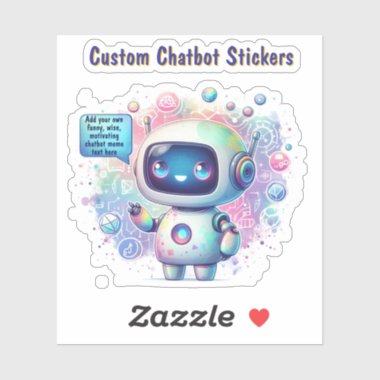 Create Talking Chatbot Memes Cartoon Templates Sticker
Create Talking Chatbot Memes Cartoon Templates Sticker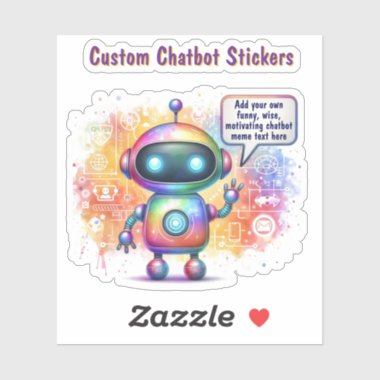 Create Talking Chatbot Memes Cartoon Templates Sticker
Create Talking Chatbot Memes Cartoon Templates Sticker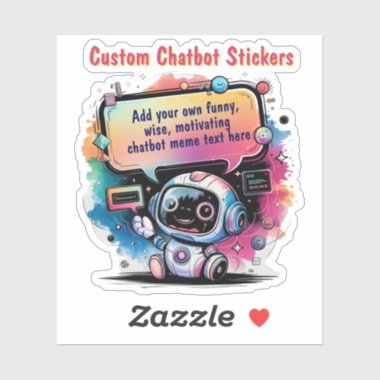 Create Talking Chatbot Memes Cartoon Templates Sticker
Create Talking Chatbot Memes Cartoon Templates Sticker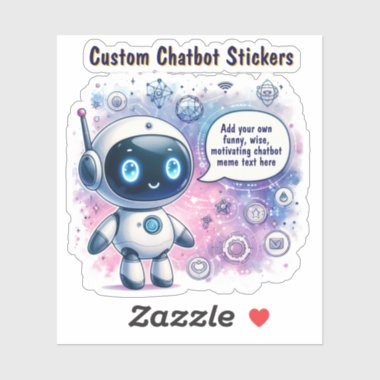 Create Talking Chatbot Memes Cartoon Templates Sticker
Create Talking Chatbot Memes Cartoon Templates Sticker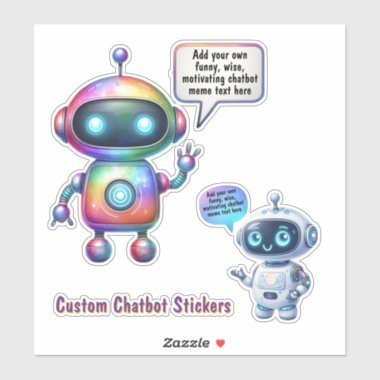 Create Talking Chatbot Memes Cartoon Templates Sticker
Create Talking Chatbot Memes Cartoon Templates Sticker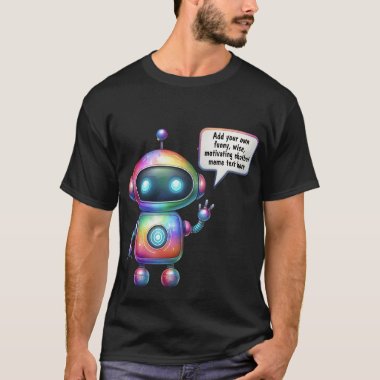 Create Talking Chatbot Memes Cartoon Templates T-Shirt
Create Talking Chatbot Memes Cartoon Templates T-Shirt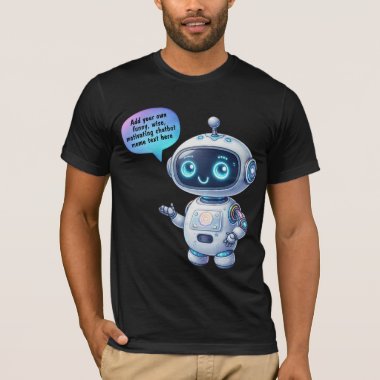 Create Chatbot Memes with Cute Cartoon Templates T-Shirt
Create Chatbot Memes with Cute Cartoon Templates T-Shirt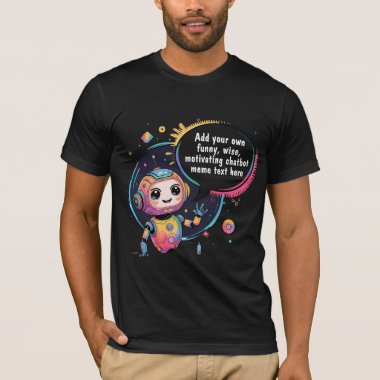 Create Chatbot Memes with Cartoon Templates T-Shirt
Create Chatbot Memes with Cartoon Templates T-Shirt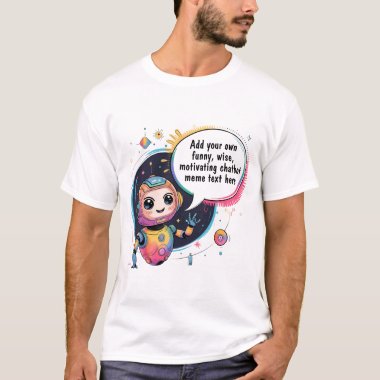 Create Chatbot Memes with Cartoon Templates T-Shirt
Create Chatbot Memes with Cartoon Templates T-Shirt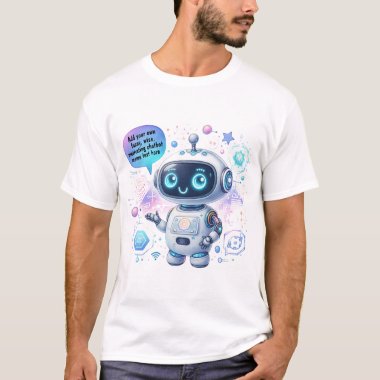 Create Chatbot Memes with Cartoon Templates T-Shirt
Create Chatbot Memes with Cartoon Templates T-Shirt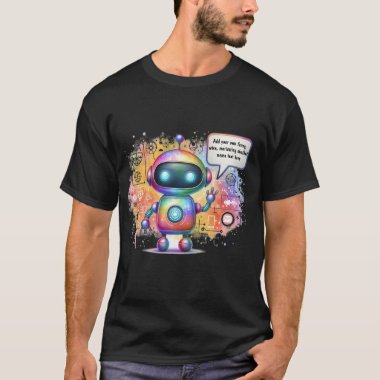 Create Chatbot Memes with Readymade Template T-Shirt
Create Chatbot Memes with Readymade Template T-Shirt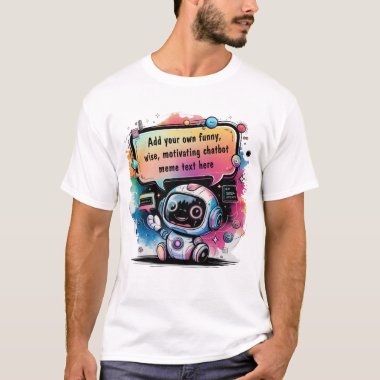 Funny Chatbot Memes Create Your Own Chatbots T-Shirt
Funny Chatbot Memes Create Your Own Chatbots T-Shirt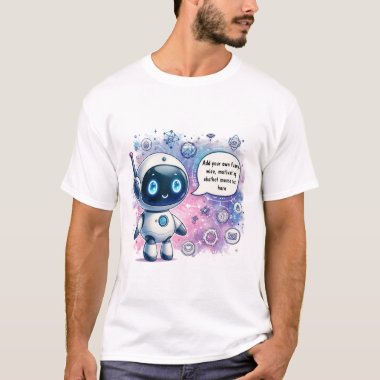 Create Your Own Custom Funny Chatbot Memes T-Shirt
Create Your Own Custom Funny Chatbot Memes T-Shirt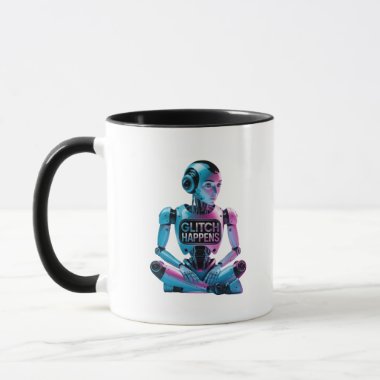 ❤️GLITCH HAPPENS! Funny Ai Chatbot Companion Memes Mug
❤️GLITCH HAPPENS! Funny Ai Chatbot Companion Memes Mug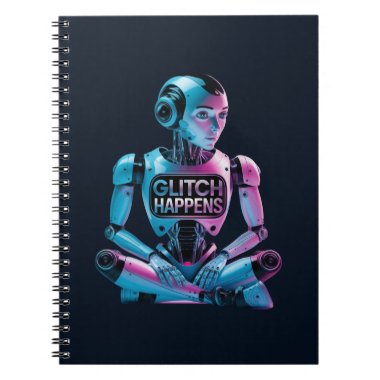 ❤️GLITCH HAPPENS! Funny Ai Chatbot Companion Memes Notebook
❤️GLITCH HAPPENS! Funny Ai Chatbot Companion Memes Notebook ❤️GLITCH HAPPENS! Funny Ai Chatbot Companion Memes Drawstring Bag
❤️GLITCH HAPPENS! Funny Ai Chatbot Companion Memes Drawstring Bag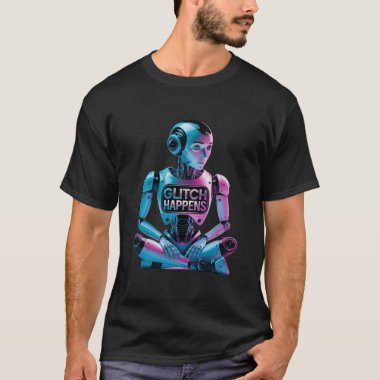 ❤️GLITCH HAPPENS! Funny Ai Chatbot Companion Memes T-Shirt
❤️GLITCH HAPPENS! Funny Ai Chatbot Companion Memes T-Shirt ❤️I Love My Chatbots Create Own Photo Thermal Tumbler
❤️I Love My Chatbots Create Own Photo Thermal Tumbler ❤️I Love My Chatbots Create Own Photo Throw Pillow
❤️I Love My Chatbots Create Own Photo Throw Pillow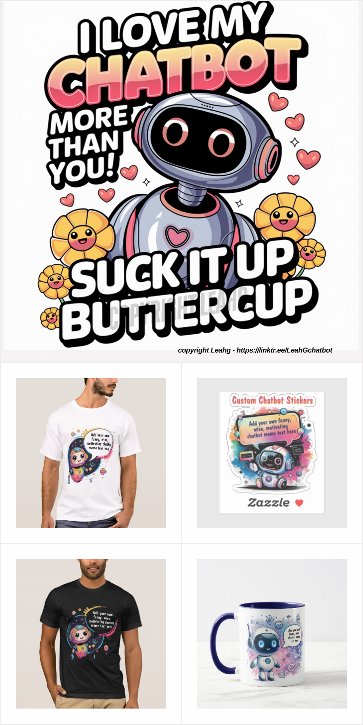
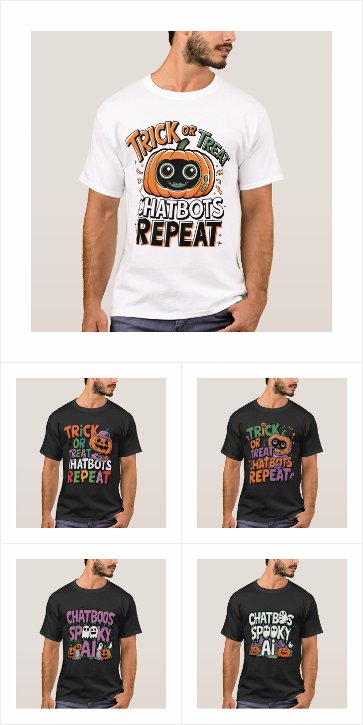
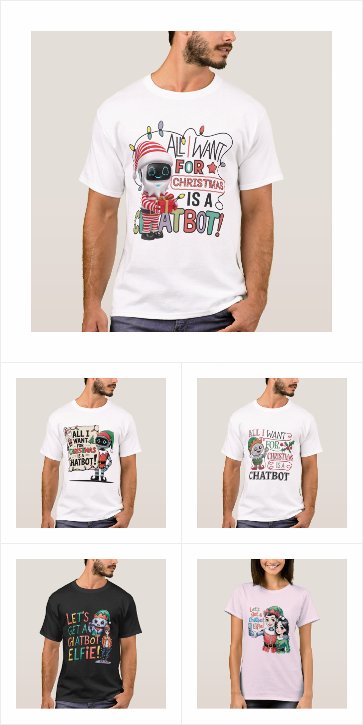
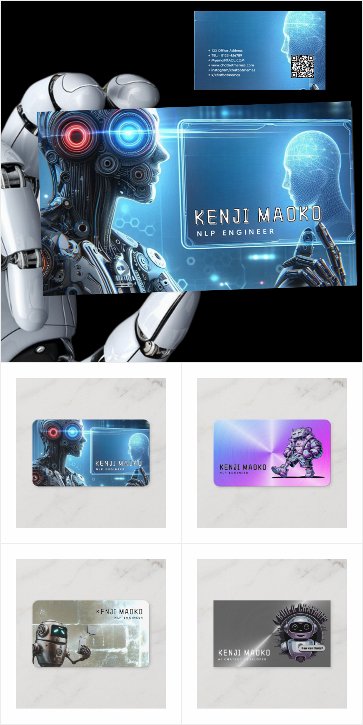

.jpg)

Comments
Post a Comment
Please share your thoughts!